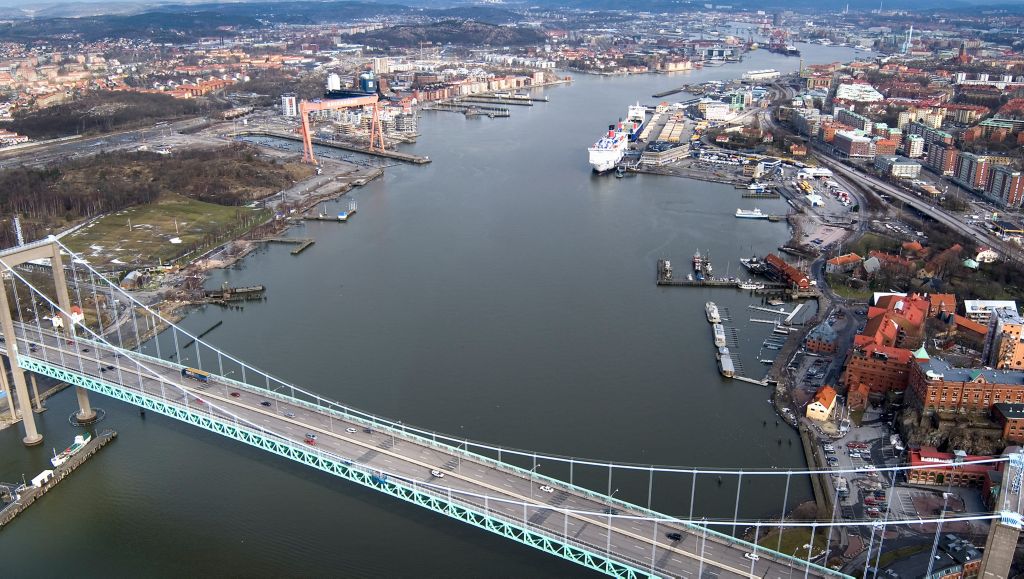City noise a problem for seven in ten


In the survey, which was conducted by the National Institute for Consumer Research (Sifo) on behalf of the Volvo Group, Gothenburg residents responded to questions on how they perceive sound and noise levels in their surroundings. A total of 70% are disturbed to some extent by high noise levels in Gothenburg. 5% are disturbed to a very high degree and 11% to a high degree, while 54% are disturbed to some degree by high noise levels.
According to the World Health Organization, WHO, high levels of noise pollution are an underestimated and growing health problem in Europe. The organization estimates that one in five residents in Europe is regularly exposed to such high levels of noise that their health can be impacted negatively in the form of a heightened risk of, for example, disrupted sleep, cardiovascular disease and hearing impairment.
“It is a well-known fact that noise is a health hazard and we are convinced that electrified city transports are the right way to move forward toward sustainable transport solutions. We regard this survey as evidence that the electric buses we are set to launch in Gothenburg will contribute to an improved and friendlier city by being free of noise and emissions,” says Niklas Gustavsson, Chief Sustainability Officer at the Volvo Group.
In June 2015, the ElectriCity bus route will commence in Gothenburg. The route will be served by quiet and emission-free electric buses, which will pick up passengers indoors and operate on energy from wind and hydropower. The organizations behind the initiative are Volvo, in cooperation with Chalmers University of Technology, the Swedish Energy Agency, Västra Götaland Region, the City of Gothenburg, Göteborg Energi, Västtrafik, Lindholmen Science Park and Johanneberg Science Park.